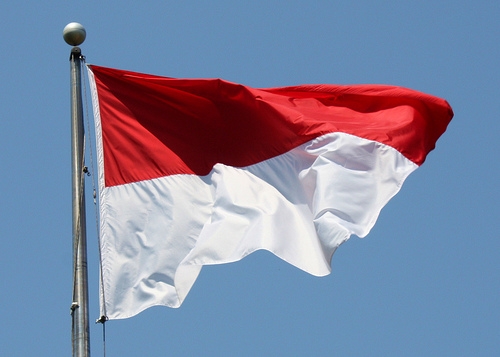
Why Indonesia needs to seriously mull over fuel subsidy reforms
As the annual budget gets pressured.
According to DBS, USD/IDR touched the 12000 mark on Wednesday, continuing the gradual climb that has been dominant in the market in recent weeks.
Rising crude oil price is a concern, as it will put the current account (C/A) position under further pressure. The oil & gas trade deficit is a key drag for the current account, currently trending at around USD 2bn per quarter.
Here's more from DBS:
For some time now, the C/A deficit has been looking increasingly structural in nature. Oil production has been falling gradually in the past decade. Consumption, on the other hand, has been steadily growing.
A lack of investments is the problem on the production side while, arguably, excessive fuel subsidies have contributed to the consumption trend.
Encouragingly, there are clear policy solutions to help ease these problems. Fuel subsidy reforms need to be seriously considered, especially given the pressure on the government’s annual budget as well. Meanwhile, among others, ensuring more clarity and certainty on the legal front is crucial for those interested to put more investments in the oil fields.
These policy issues are among some of the key economic debates between the two presidential candidates. It remains to be seen though how long will the public have to wait for these changes to be implemented, if the winner of the July 9 election were to eventually adopt them.
In the meantime, the rupiah will remain sensitive to outlook on the C/A deficit. Currently, scepticism seems to be on the rise in the markets unlike the optimism dominant in Mar-Apr. Monthly trade data remains somewhat volatile, and thus, it is important not to get too carried away. C/A deficit is likely to be around 2.7% of GDP in 2014, an improvement from last year’s 3.3% but still some distance away from the more sustainable 2% mark.
























 Advertise
Advertise






